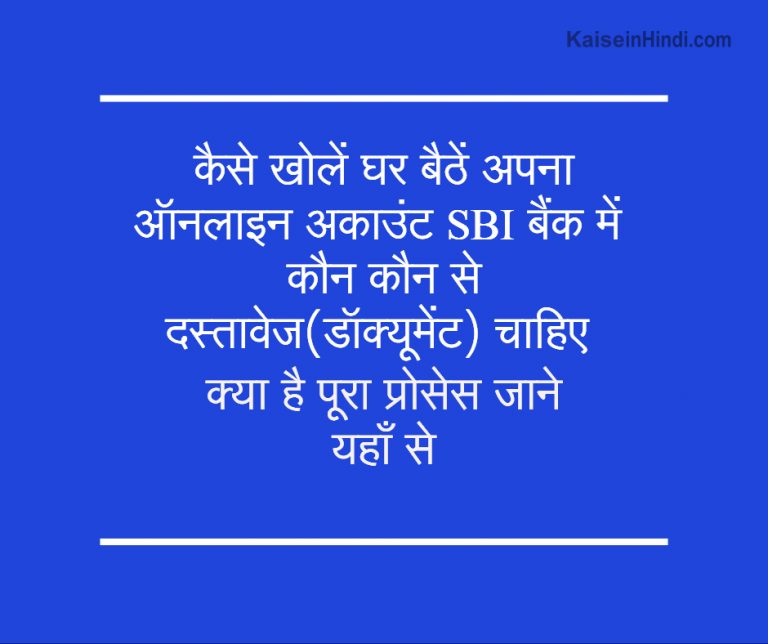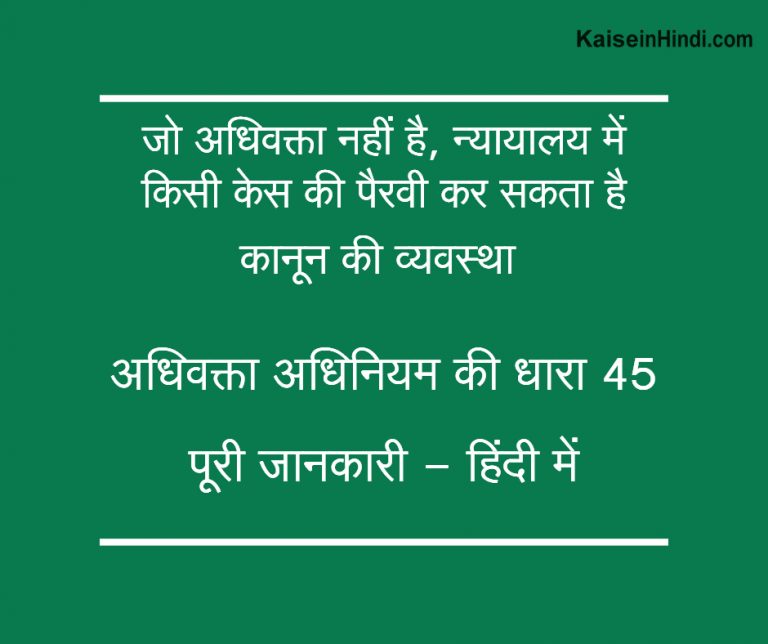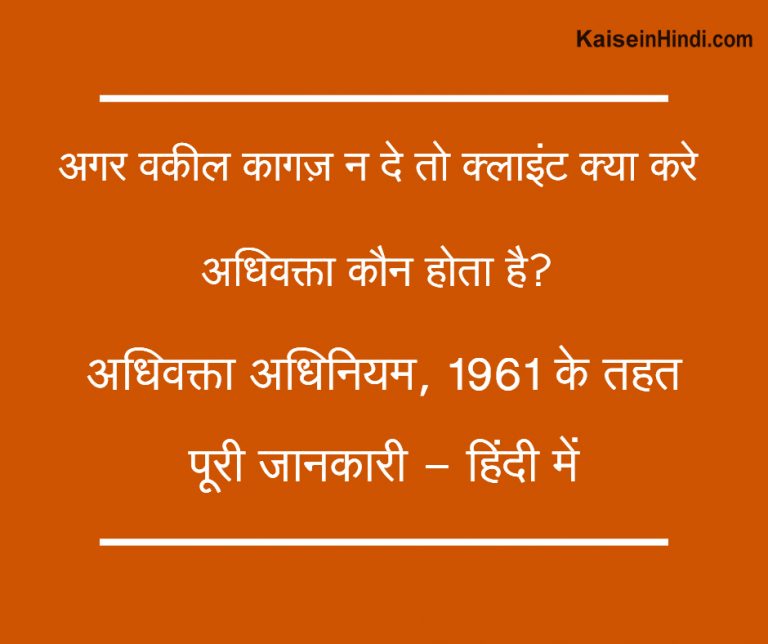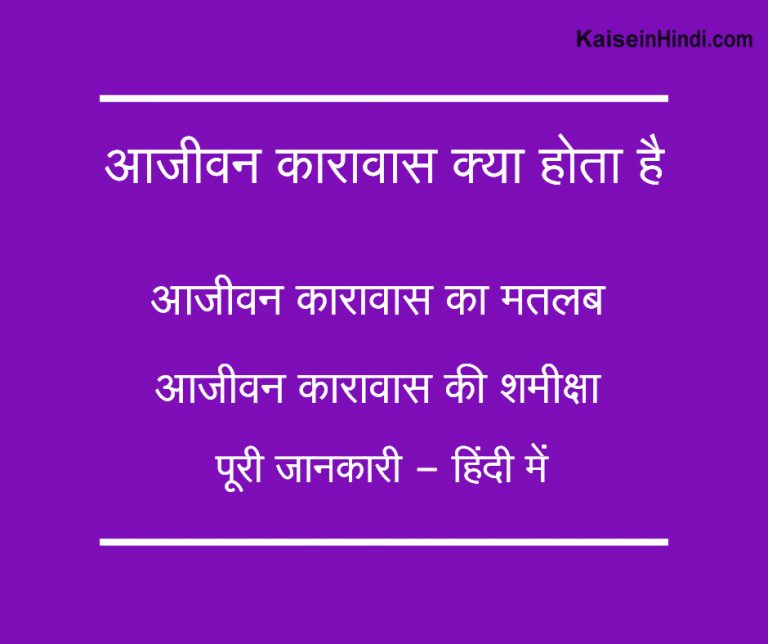377
The Indian Constitution has given equal rights to all citizens. Some fundamental rights have been given to the citizens to protect their rights. If the citizens feel that their fundamental rights are being violated, then they can file a petition against it in the judiciary. There is a provision of section 377 in the Indian Penal Code. In which consensual sexual relations between two adults were considered a criminal act. On this page, information is being given about what is the meaning of section 377.
Also read: Know what are the fundamental rights of Indian citizens!

Also read: What is Constitution, what is the meaning of written Constitution?
377?
There are many rules in the Indian Penal Code, each rule has been identified with a number and section 377 is one of them. Section 377 of the Indian Penal Code (IPC) was created in 1861 by Lord Macaulay. According to this, sex between two men or two women without mutual consent, unnatural sex between a man or a woman with mutual consent, sex of a man or a woman with animals was considered a crime. It was implemented in British India in 1862. It had the provision of non-bailable imprisonment of 10 years or life imprisonment.
Also read: How many parts, articles and schedules are there in the Indian Constitution
occur in independent India
The NGO ‘Naaz Foundation first objected to section 377’. In 2001, a petition was filed in the Delhi High Court by the ‘Naaz Foundation.’ The High Court had declared the provision that illegalizes sexual connections between two adults of the same sex as “illegal.”
Also read: What is IPC Section 498A
Countries that decriminalize homosexuality
Twenty-six countries like Australia, Malta, Germany, Finland, Colombia, Ireland, USA, Greenland, Scotland, Luxembourg, England and Wales, Brazil, France, New Zealand, Uruguay, Argentina, Sweden, Norway, Iceland, Portugal, South Africa, Denmark, Spain, Canada, Belgium, Netherlands have removed homosexuality from the category of crime.
Also read: What is section 420 of IPC
Supreme Court
A five-member bench of the Supreme Court has removed Section 377, which criminalized consensual homosexual connections between two adults.
In its decision, the Supreme Court considered Section 377 as illogical and arbitrary, on which the court said that “the LGBT community also has equal rights, Section 377 targeted the sexual preferences of LGBT. After this the court said that “sexual preference is biological and natural, intimacy and privacy are one’s personal choice, the state should not interfere in it. Discrimination of any kind is a violation of fundamental rights. Section 377 violates Article 14 of the Constitution’s right to equality. The constitutional bench comprised Chief Justice Dipak Mishra, Justice Rohinton Nariman, AM Khanwilkar, DY Chandrachud and Justice Indu Malhotra.
Also read: What is the selection process of Supreme Court Judge?
Also read: What is the procedure for removing a Supreme Court judge?
Here we have provided information about section 377, if you have any question related to this information or want to get any other information related to it, then you can ask through the comment box, we are waiting for your feedback and suggestions.
Also read: What is the difference between governance and administration?
Also read: What is Public Interest Litigation (PIL)












